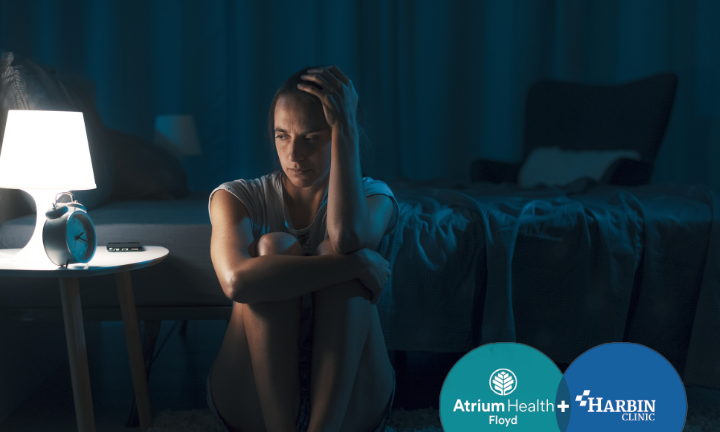Why Women Lose More Sleep

Insomnia affects millions, but women are hit harder than men. Studies show women are about 1.5 times more likely to experience chronic sleep issues. This issue is not just about women feeling tired. Long-term insomnia can lead to serious health problems, including depression, anxiety and cardiovascular disease. Keep reading to learn more about the latest research on women’s sleep issues.
Hormones and Sleep Disruption
Hormonal changes play a major role in sleep disturbances. Fluctuations during the menstrual cycle, pregnancy, perimenopause and menopause can interfere with the body’s natural sleep-wake rhythm.
During menstruation, cramps and mood changes can make restful sleep difficult. Pregnancy often brings physical discomfort, frequent urination and anxiety, all of which can disrupt sleep. Perimenopause and menopause are also major turning points. Hormone changes, hot flashes and night sweats are common culprits behind frequent nighttime awakenings.
The Mental Load Factor
Beyond biology, social and psychological factors contribute to the gender sleep gap. According to a recent Gallup research survey, women are more likely to lie awake thinking about responsibilities, relationships and finances. This mental load—often invisible and isolating—can keep the brain in overdrive long after bedtime.
Underdiagnosed and Undertreated
Despite the prevalence of insomnia among women, it often goes undiagnosed. Symptoms may be dismissed as stress or anxiety, delaying effective treatment. This gap in care means many women live with chronic sleep problems that could be addressed with the right support. Today, experts are calling for care that consider hormonal cycles, caregiving roles and stress levels.
Practical Steps for Better Sleep
Improving sleep often starts with small changes:
- Keeping a sleep journal can help identify patterns and triggers.
- Creating a consistent bedtime routine supports the body’s natural rhythms.
- Reducing screen time and caffeine intake in the evening can make a big difference.
Recently, magnesium has been called the “sleepy girl mocktail” drug, gaining popularity online and across social media. But before jumping on an internet bandwagon, seek professional help first. For insomnia, begin with a visit to a primary care physician. Then, if needed, patients may be referred for interdisciplinary perspective to sleep specialists, psychiatrists or obstetrician gynecologists.
Need help finding a primary care physician? For more information about primary care, check out our website at https://harbinclinic.com/primarycare/.


